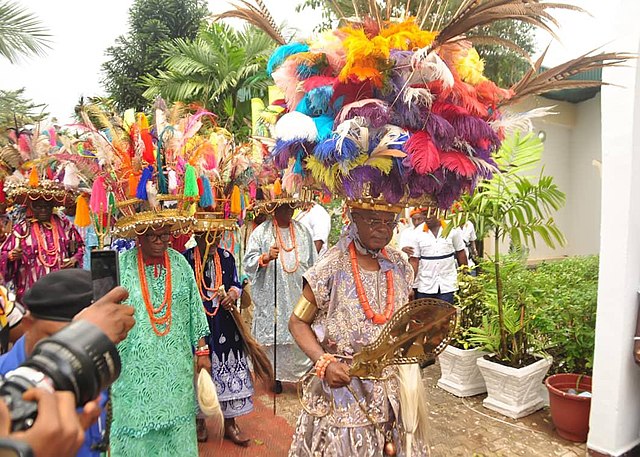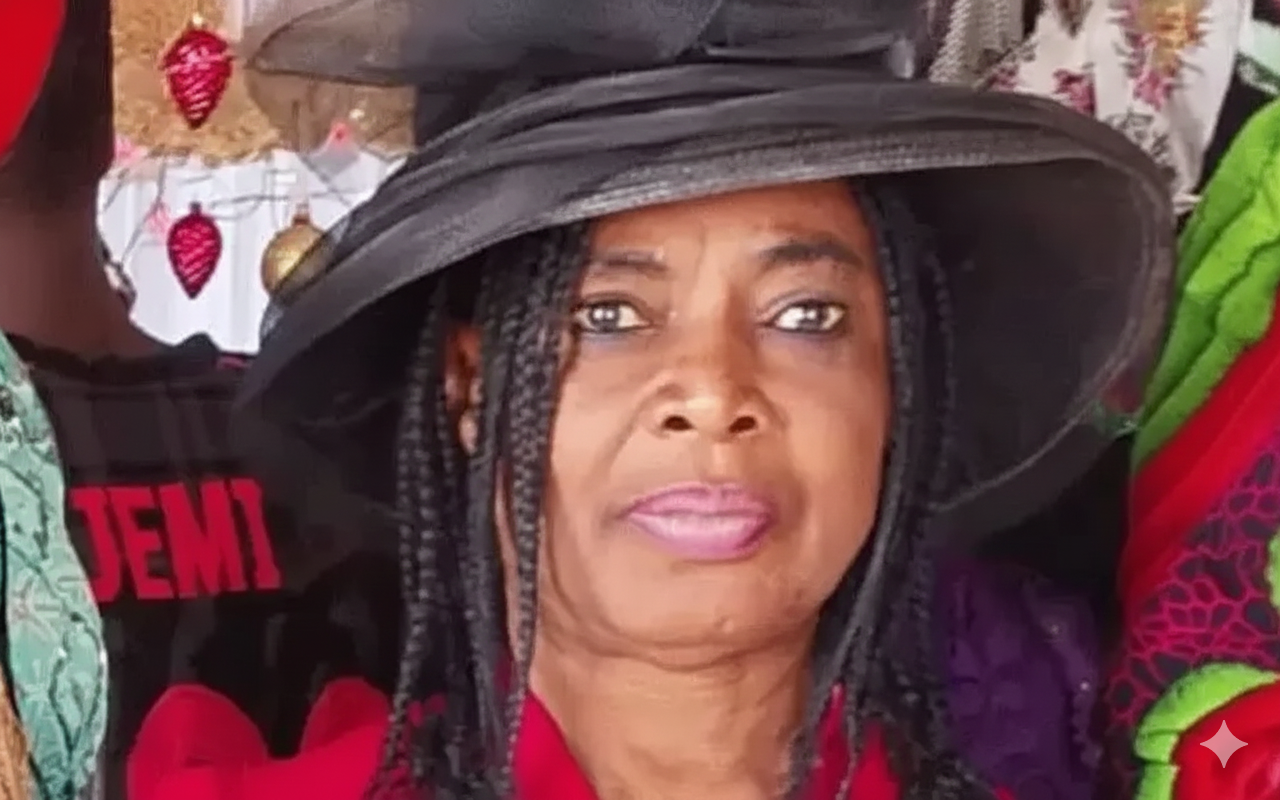
Justice James Omotosho of the Federal High Court in Abuja has struck down Section 2 (10) (b) of the National Broadcasting Code, 6th Edition, which required broadcasters to pay 2.5% of their “Gross Annual Income” as an Annual Operating Levy.
The ruling followed a suit filed by MultiChoice Nigeria Ltd and Details Nigeria Limited (GO TV) against the National Broadcasting Commission (NBC).
In his judgment delivered on Wednesday, Justice Omotosho ordered that the provision be replaced with “Net Annual Income” instead of “Gross Annual Income.” He also prohibited the NBC from demanding the plaintiffs’ VAT remittance, FIRS reports, bank statements, audit adjustment journals, trial balances, and general ledgers for the purpose of calculating their annual income, other than the annual audited accounts of the companies as stipulated by the NBC Code.
The judge ruled that the NBC could only access other financial documents of MultiChoice through agencies such as the Federal Inland Revenue Service (FIRS).
The plaintiffs’ counsel, Moyosore Onigbanjo, SAN, had sought reliefs on whether the NBC had the authority to demand financial documents beyond the annual audited accounts and whether the term “gross annual income,” as used in the NBC Code, was fair. Onigbanjo also requested the court to rule on whether the agreement between the plaintiffs and NBC to pay a flat rate of N800,000,000 as the Annual Operating Levy for the years 2020–2023, including prior years, was binding.
Counsel to the NBC, Victor Ogude SAN, argued that the agreement was not binding, as the NBC’s acting Director-General who entered into the agreement acted beyond his powers, asserting that the NBC was entitled to the full levy.
READ ALSO:At PR roundtable, ex-NBC boss, NIPR president, others call for more opportunities for women
In delivering his judgment, Justice Omotosho highlighted the significant capital and expenses required to run a business like MultiChoice and said that it was only fair for these expenses to be deducted before the Annual Operating Levy is paid. He emphasized that net income, which accounts for business expenses, is the actual profit after deductions, and it is this figure that should be taxed.
“The proper and lawful income to impose a levy on is the net income,” Omotosho said, pointing out that this aligns with global tax practices. “In the United States, companies pay a flat rate of 21% on profits after expenses. Similarly, in the UK, a 25% corporation tax is imposed on company profits.”
Justice Omotosho further stated that gross income does not account for company expenditures such as production costs, rent, and staff salaries, and only net income should be considered for imposing a levy. He ruled that the demand for 2.5% of Gross Annual Income was unconscionable and unfair.
Additionally, Omotosho noted that MultiChoice had paid the Annual Operating Levy without fail, and NBC had not challenged the payments. The court also dismissed NBC’s claim for N4 billion, stating that it was unsupported by evidence.
On the agreement between the plaintiffs and the NBC, Justice Omotosho ruled that the agreement to pay N800,000,000 as the Annual Operating Levy for the years in question was binding on both parties and prohibited the NBC from demanding any further payment for those years. He also issued a perpetual injunction preventing the NBC from sanctioning, fining, or suspending the plaintiffs’ license based on the issues addressed in the case.






